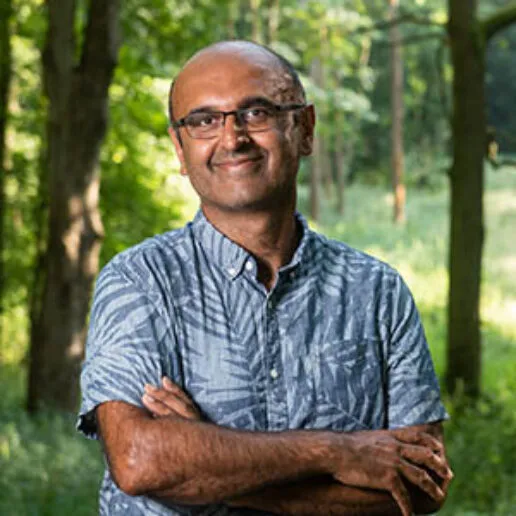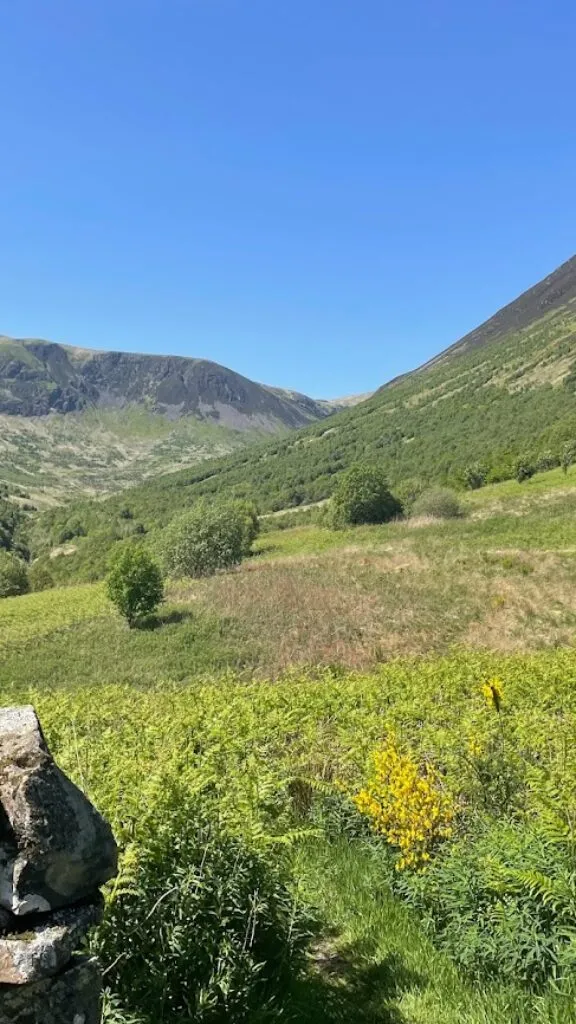Latest News

"Our goal is to develop the frameworks, technologies and tools that enable and support the delivery of nature recovery that is effective, durable, scalable, provides for society and wellbeing, and is sustainably and ethically resourced".

To achieve this vision we focus our activities around three goals:
Understand the societal, biophysical, policy, and systemic factors that enable or challenge nature recovery.
Collaborate with practitioners, communities, and partners in diverse contexts to test, challenge, and innovate the tools, techniques, and theories that deliver fair and effective nature recovery.
Establish an inclusive nature recovery community, rooted at Oxford, harnessing its convening power and interdisciplinary research strengths to confront the urgent debates and transformational challenges at the heart of nature recovery.

"Our goal is to develop the frameworks, technologies and tools that enable and support the delivery of nature recovery that is effective, durable, scalable, provides for society and wellbeing, and is sustainably and ethically resourced".